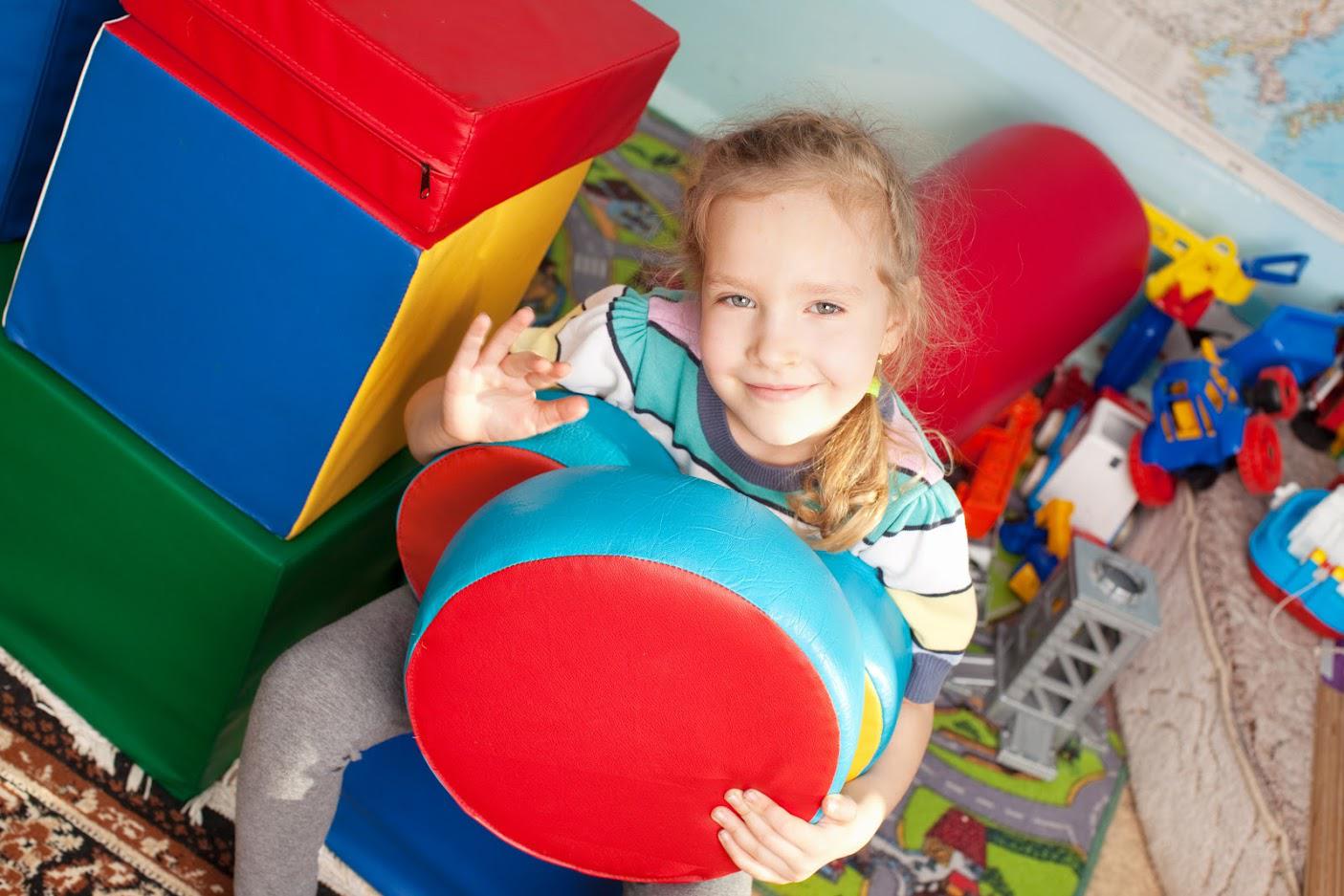Toddler Mealtime Struggles and How to Handle Them
Like all parents, you want your toddler to eat a well-balanced diet filled with a wide variety of healthy foods to help them obtain all of the nutrients their bodies and minds need to thrive. However, you may be having a tough time meeting this goal due to the challenges you face with your toddler at mealtimes.
Read on to learn about several common toddler mealtime challenges and steps you can take to help overcome them.
Problem #1: Child is a Picky Eater
Many toddlers are picky eaters. However, according to the Mayo Clinic, children who are relatively picky eaters still tend to obtain all of the nutrients they need from their diets over the course of a week. Since some vitamins are stored in the body for months after they are consumed, your child does not need to consume every single vitamin and mineral they need to thrive on a daily basis to stay well-nourished.
However, you should still encourage your picky child to consume new, healthy foods by:
Introducing a new food at least several times. Toddlers often need to smell, touch, and taste a new food several times before they will even attempt to eat it.
Serving new foods with old favorites. Add a new healthy food to an existing favorite dish instead of serving it alone.
Making small food flavor changes. Many toddlers will only eat bland foods, although many nutrient-rich foods have strong flavors. To encourage your child to embrace foods with strong flavors, add a tiny amount of a new flavorful ingredient, such as garlic, to the food and gradually increase how much you add over time.
Never over-pressure your child to eat a new food before they are ready because pressuring your child to eat an item they do not want to rarely works and instead just makes mealtime more stressful for toddler and parent.
Problem #2: Toddler Refuses Meals
If your toddler occasionally refuses meals altogether, then you will be happy to hear that this is usually normal and no cause for alarm. Unlike adults who have become accustomed to eating at scheduled meal times every day, toddlers typically eat only when they are hungry.
However, if you allow your child to drink over 16–20 ounces of milk per day, then beware that excess milk consumption could be leading to meal refusal. A toddler will often become so full after drinking a large serving of milk that they are not hungry enough to then eat a meal.
When meals are frequently skipped due to excess milk consumption, your child's diet can become nutritionally unbalanced. Begin limiting your child's milk consumption to 16 ounces a day if your child is between 1–2 years or 20 ounces if your child is age 3–4 to prevent nutritional deficiencies in your child.
Problem #3: Mealtimes are Always a Mess
Many babies between the ages of 8 and 18 months go through a phase where they enjoy throwing and dropping food on the floor after it is served to them. While this phase can be a nuisance, many children simply grow out of it over time.
However, some children develop a food-throwing habit during this time period and need a little encouragement from their parents to break this bad habit.
To help your child break this habit, try serving them a smaller initial portion of food, then providing more of the food item when they finish the existing portion. This technique limits the amount of food they have on their plate, so they are less likely to see some of it as extra they can play with.
Also, ask them to place their unwanted food pieces in a special bowl on their tray or table. Some children get into the habit of throwing food on the ground because they do not want to eat it and think that only throwing it on the ground will firmly communicate this message to their caretakers until they are provided a special place for unwanted food.
Follow these tips to help tackle mealtime challenges with your toddler. Contact the staff at Small World Early Learning and Development Center for all of your toddler daycare and child development needs.










